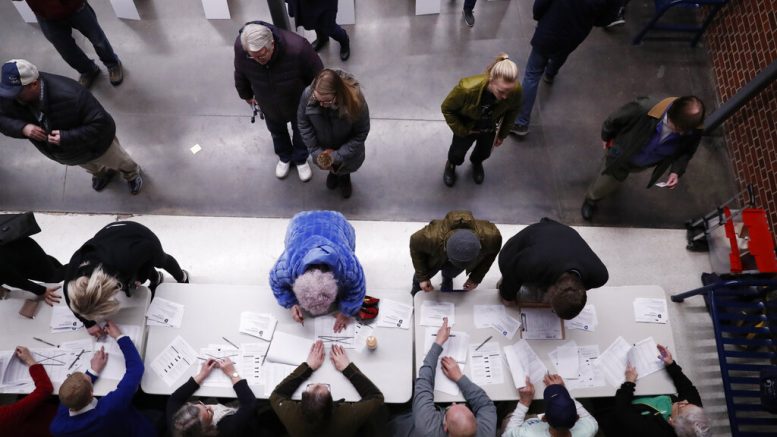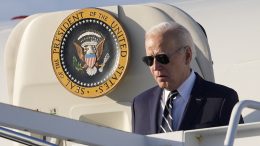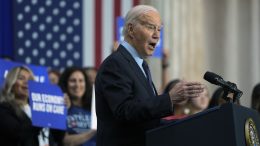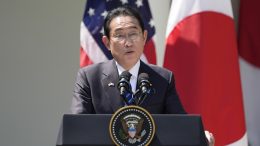DES MOINES, Iowa (AP) — Iowa’s coveted position as the first-in-the-nation nominating contest faces its most daunting challenge in decades in light of problems that kept the state Democratic Party from reporting results.
The caucuses were already facing plenty of headwinds amid criticism that the overwhelmingly white state isn’t representative of the country’s diversity. And the final weeks of the campaign were complicated by President Donald Trump’s impeachment trial, which sidelined several candidates and left Iowa eerily quiet at a pivotal moment. But the Iowa Democratic Party’s failure to release results left the contest, long criticized for its complicated rules, one step closer to losing its status.
“With this reporting debacle, it may be the end,” said Joe Trippi, a longtime Democratic presidential campaign operative and veteran of multiple Iowa campaigns. “And that’s from someone who loves the state and the process there.”
The Iowa Democratic Party said Monday night that results were indefinitely delayed due to “quality checks” and “inconsistencies” in some reporting, an embarrassing complication that added a new layer of doubt in the process that has come under increasing criticism.
The party said the problem was not a result of a “hack or an intrusion.” But the statement came after Iowa voters packed sites for these in-person political meetings aimed at measuring early presidential support across the state with at least four leading candidates battling to win the opening contest.
Democratic Party county chairmen had problems using an app intended to convey precinct-level data to the state party headquarters. In addition, the party found inconsistencies in the reporting of three sets of results which were the outgrowth of a process to streamline the process after criticisms of the process in 2016.
A party spokeswoman insisted the paper record of the count was intact and “will simply take time to further report the results.”
If that paper trail doesn’t add up upon review, Iowa can likely say goodbye to hosting the leadoff presidential contest in 2024, veteran Iowa Democratic consultant Jeff Link said. But if they remedy the problem quickly and have results Tuesday, “it looks really bad, but they can survive.”
“We have to name a winner,” Link said.
It was another blow to a party-run process few Americans understand for its differences from a primary election, including antiquated rules and a mathematical threshold for candidate viability in the Democratic contests.
Those criticisms were in light of mounting pressure over the past several campaigns for Democrats to begin the march to the nomination in a place more demographically representative of the increasingly racially and ethnically diverse party. Iowa’s population is 85% white, while the Democratic Party is much more racially and ethnically diverse.
That sentiment took a short breather after Barack Obama became the first African American candidate to win the caucuses in 2008, en route to the presidential nomination and the White House.
But former Housing and Urban Development Secretary Julian Castro gave renewed, prominent voice to the sentiment even as he was running for president in Iowa last year, saying the contest “does not reflect demographically either the United States or, certainly not, the Democratic Party.”
Even some veteran Obama advisers said the reporting fiasco could be a permanent blow to their lead-off status.
“It is on life-support at best,” said Jeremy Bird, a former Obama campaign adviser. “It has most likely taken its last breath as first-in-the-nation.”
And despite a national narrative that often suggests otherwise, there are plenty of Iowans who also find them confusing and frustrating anyway.
Lone Tree Democrat Jonathan Greene may get what he has sought, just not the way he expected.
Green, who chaired a Democratic precinct Monday, said “I personally have advocated for moving to a primary, but, my God, this is not the way I want to get to a primary.”













































